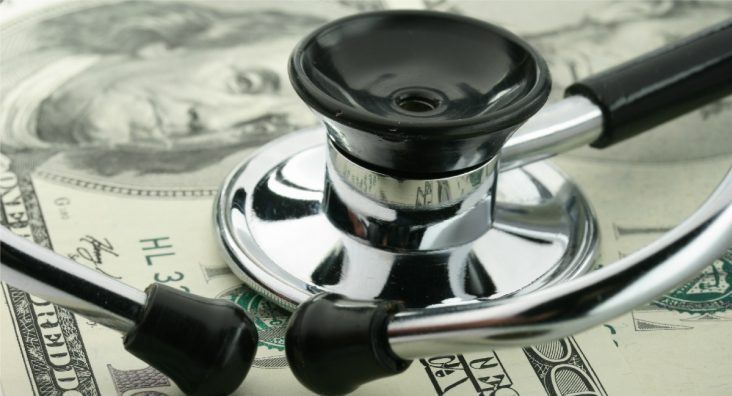ACHI: Hospitals faring better than states that said no to Medicaid
by November 18, 2015 8:09 pm 208 views

Arkansas hospitals are doing better than some of their counterparts in other states that did not expand their Medicaid populations, a new study by the Arkansas Center for Health Improvement finds.
In 2013, Arkansas legislators voted to expand Arkansas’ Medicaid population through the Arkansas Health Care Independence Program, better known as the private option. The program uses state Medicaid dollars to purchase private insurance for Arkansans with incomes of no more than 138% of the federal poverty line. Many states, meanwhile, chose not to expand their populations.
ACHI included three Arkansas hospitals in its study: Ozarks Community Hospital in Gravette; NEA Baptist Memorial Hospital in Jonesboro; and Mercy Hospital in Berryville. CHRISTUS St. Michael Health System in Texarkana, Texas, also was included because of its large mix of Arkansas patients.
The Ozarks Community Hospital includes two hospitals and 18 clinics in Northwest Arkansas and southwest Missouri, a state that did not expand its Medicaid population. According to ACHI, the system’s hospital in Springfield, Mo., reduced services over the past 18 months and reduced staff by 97 full-time employees. Meanwhile, its Gravette hospital increased its services and has hired 198 full-time employees, mostly registered nurses earning between $60,000-$70,000 per year, becoming the largest employer in Gravette. The Gravette hospital saw a large reduction in the number of emergency room visits by uninsured patients.
At the Baptist Memorial Health Care system’s location in Jonesboro, the number of uninsured patients dropped 18% from 2013-2014. From 2013-2015, the new Jonesboro facility’s staff increased by 250, nearly a 40% increase, while staff were reduced in Mississippi and Tennessee.
The study also said the private option will have a positive impact of $450,000 on Mercy Health System’s Berryville hospital, whose number of uninsured patients dropped 33% from 2013 to 2014. The CHRISTUS hospital has seen an increase of emergency room use by almost 5%, but low-level visits, including by private option recipients, has decreased.
The private option has been controversial since it was created. Opponents say it is an unsustainable expansion of Obamacare and that it adds to the national debt. While the federal government is paying for virtually all of the cost now, Arkansas will begin paying 5% of the cost in 2017, with that number rising to 10% by 2020.
The program was reauthorized in 2014 and again in 2015, when legislators agreed to fund it through 2016 while a Health Reform Legislative Task Force considers a replacement. The task force is set to present its report by the end of the year.
